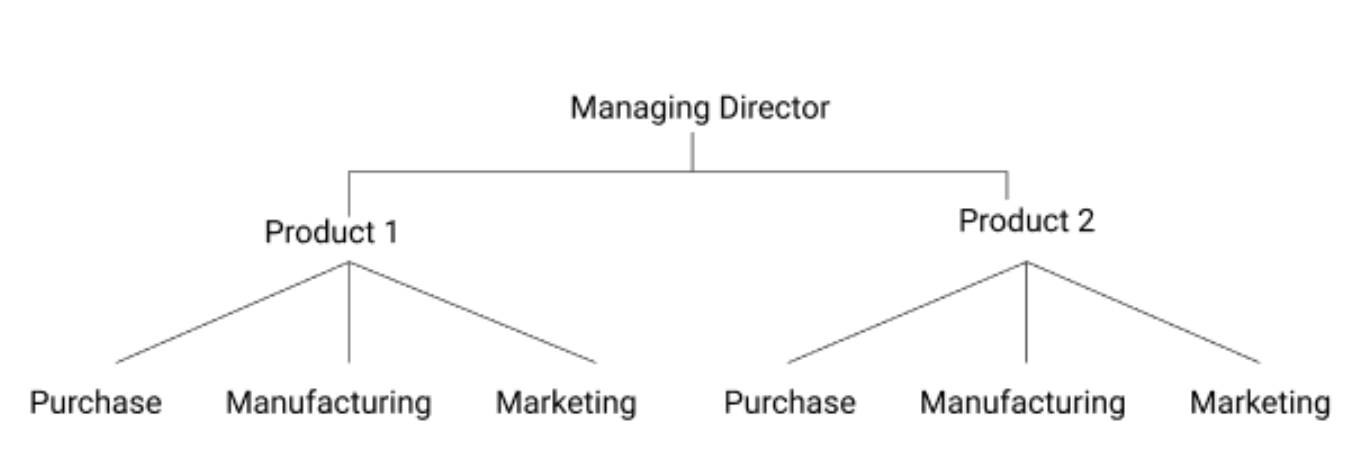Organising Class 12 important questions with answers PDF download


FAQs on CBSE Important Questions for Class 12 Business Studies Organising - 2025-26
1. What are the most important questions likely to be asked in CBSE Class 12 Business Studies Chapter 5 – Organising for the 2025–26 board exam?
For Chapter 5 – Organising, examiners often focus on defining organising, explaining steps in the process, distinguishing between functional and divisional structures, stating importance, discussing elements of delegation, and distinguishing between formal and informal organisations. Case-based and HOTS (Higher Order Thinking Skills) questions about authority, responsibility, span of management, centralisation vs decentralisation are also commonly tested and should be practiced thoroughly.
2. How should students approach answering 3-mark or 4-mark application questions in Organising?
Begin with a clear, direct definition of the concept, followed by
- structured explanation using 2–3 points
- include a relevant example, especially for application-type questions
- conclude with the concept's significance, if time permits
3. Why is understanding the concept of 'span of management' important for performance in board exams?
The span of management impacts how many subordinates a manager can effectively supervise, which determines the type of organisational structure (tall or flat). Board exam questions often test understanding of how span affects communication, control, and efficiency within an organisation.
4. What are some common errors students make regarding delegation and decentralisation in Organising?
Common mistakes include:
- Confusing 'delegation' with 'decentralisation'—delegation is assigning specific authority to subordinates; decentralisation extends authority throughout the organisation.
- Believing managers are not accountable after delegating—managers remain accountable for outcomes even after delegation.
5. How do you distinguish between formal and informal organisation in the context of board exams?
- Formal organisation is deliberately created with defined roles, official channels, and structured relationships to achieve organisational goals.
- Informal organisation arises spontaneously from social interaction, without defined rules but significantly influences communication, motivation, and culture.
6. What higher-order thinking skills (HOTS) questions can be expected regarding types of organisational structures in board exams?
HOTS questions may ask you to select and justify an appropriate structure for a business case (e.g., multiple products require divisional structure), analyse impacts of changing the structure, or compare divisional and functional structures based on flexibility, cost, and managerial development.
7. What are the essential steps in the organising process, as per the CBSE 2025–26 syllabus?
The process includes:
- Identification and division of work
- Departmentalisation/grouping of activities
- Assigning duties to individuals
- Establishing reporting relationships
8. What is the importance of case-based questions in Organising for board exams?
Case-based questions assess application and analysis skills by presenting scenarios where you must identify management functions, structures, principles, or conceptual traps. Practicing these improves readiness for new or unfamiliar problems and matches board marking trends.
9. Explain: 'Delegation helps managerial efficiency' with an example relevant to the board exam.
Delegation enables managers to focus on high-priority tasks by assigning routine work to subordinates, increasing overall efficiency and organisational performance. For example, a finance manager delegates daily voucher approval to an assistant, freeing time for strategic planning and analysis.
10. What format should be used to answer questions distinguishing between centralisation and decentralisation?
Start with a definition of each term, then use a two-column comparative table covering
- location of authority
- speed of decision-making
- suitability for business size/environment
- effect on managerial levels
11. Why does the CBSE often include questions on the advantages and disadvantages of divisional structure?
Understanding pros and cons of divisional structure demonstrates ability to apply concepts to business scenarios. Questions on this topic test knowledge of flexibility, operational autonomy, duplication of resources, and suitability for large diversified companies, which are common board application themes.
12. What key points should be covered when preparing for HOTS (Higher Order Thinking Skills) questions in Organising?
HOTS questions require you to:
- Apply concepts to unfamiliar situations
- Justify choice of organisational structures or strategies
- Analyse implications if organisational structure is changed
- Debunk myths or misconceptions about management principles
13. How are organising and planning related in the context of the CBSE Class 12 Business Studies syllabus?
Organising translates plans into action by grouping resources, assigning roles, and coordinating activities, ensuring objectives defined in the planning stage are effectively implemented.
14. What are common misconceptions that students are tested on in the Organising chapter during board exams?
Frequently tested misconceptions include:
- Assuming delegation and decentralisation are identical
- Believing managers are no longer responsible after delegating
- Thinking informal organisations have no impact on formal ones
15. What answer structure does CBSE expect for 5/6-mark questions on Organising?
CBSE expects answers to start with a direct definition or opening statement, continue with 3–5 well-labelled points or arguments (using headings or bullets where suitable), support main points with examples, and conclude by summarising the overall impact or importance for the organisation.







































